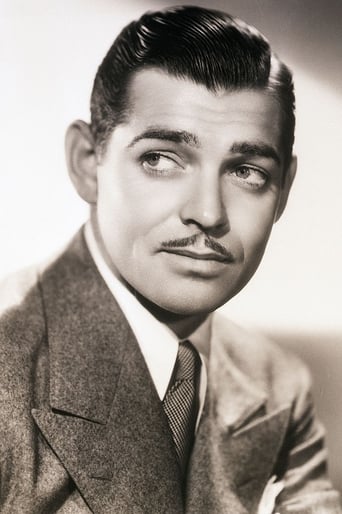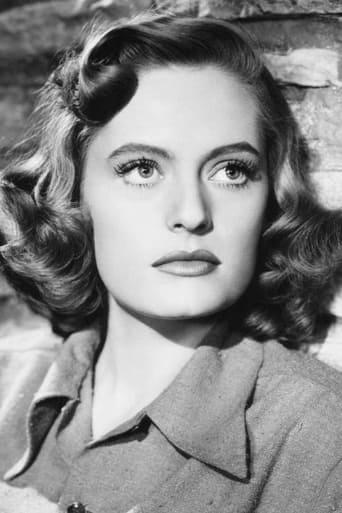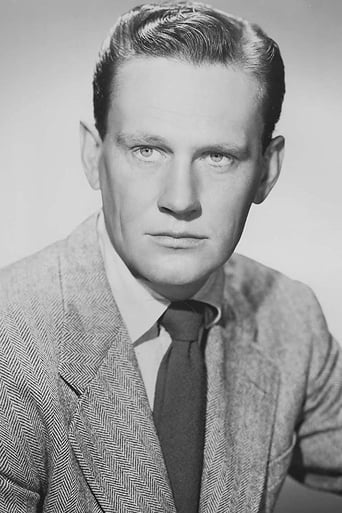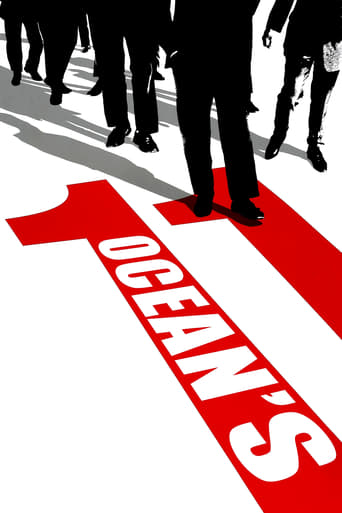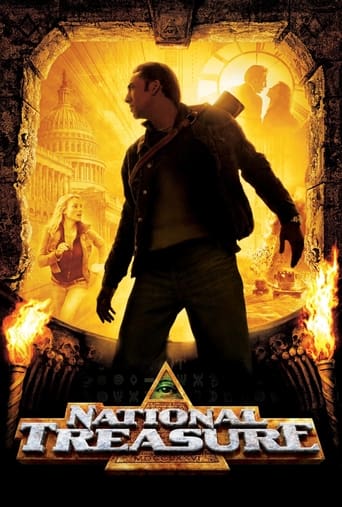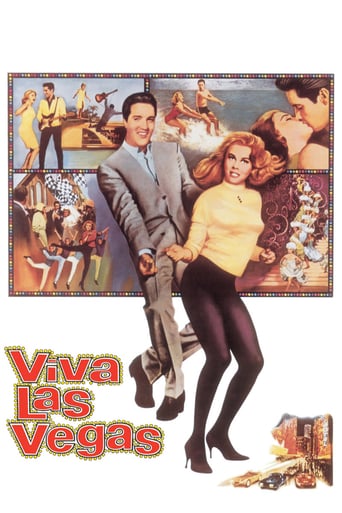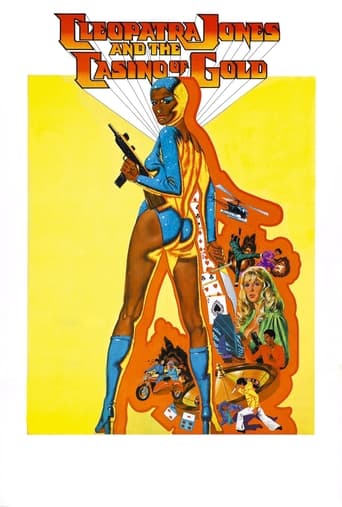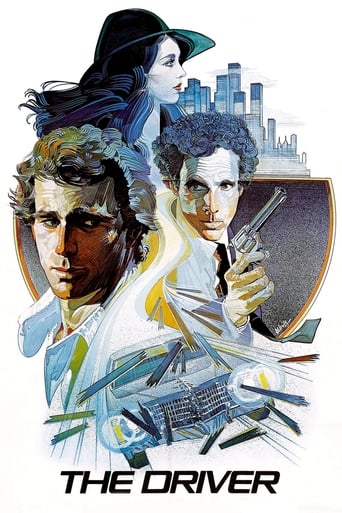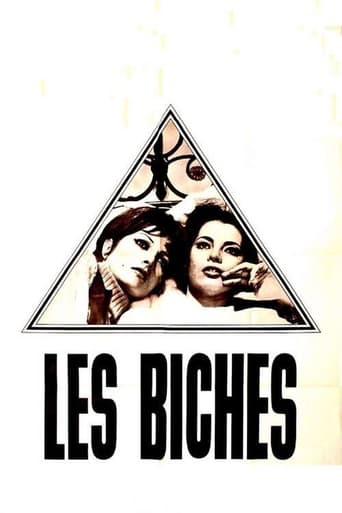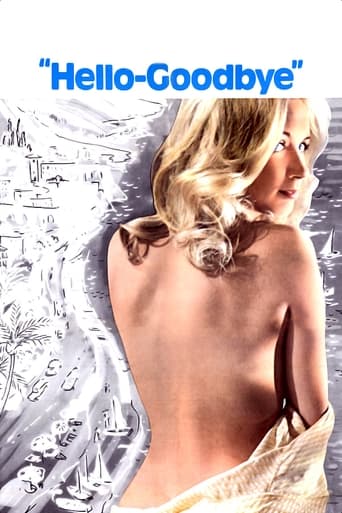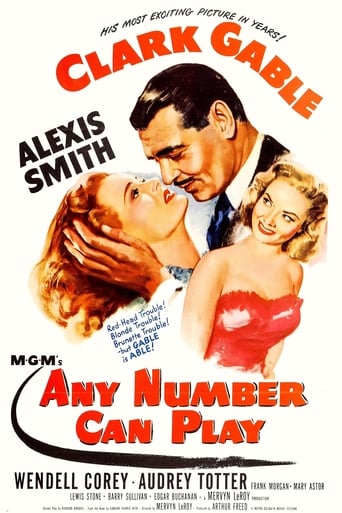
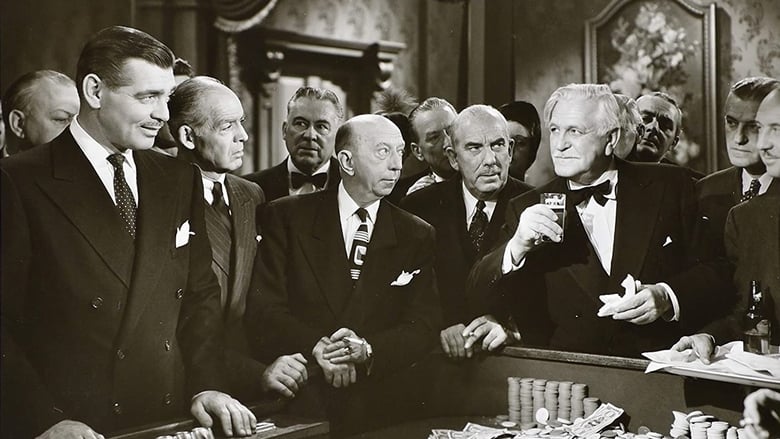
Any Number Can Play (1949)
When illegal casino owner Charley Kyng develops heart disease, he is advised by a doctor to spend more time with his family. However, he finds it difficult to keep his work separate from his life at home. His son, Paul, feels ashamed of Charley's career and gets into a fight at his prom because of it. Meanwhile, Charley's brother-in-law, Robbin, who works at the casino, begins fixing games due to his extreme gambling debts.
Watch Trailer
Cast
Similar titles

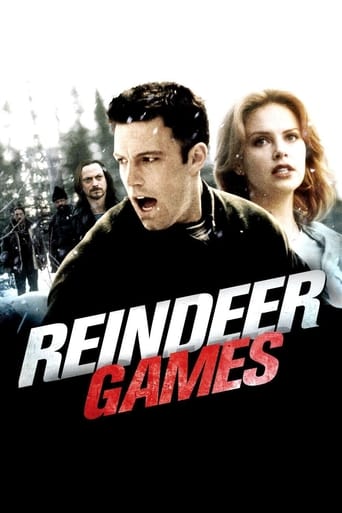
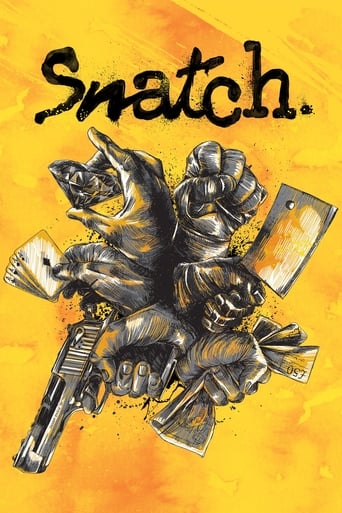
Reviews
Good movie but grossly overrated
The movie's neither hopeful in contrived ways, nor hopeless in different contrived ways. Somehow it manages to be wonderful
It’s sentimental, ridiculously long and only occasionally funny
This is a dark and sometimes deeply uncomfortable drama
While this is not a "great", as were a number of Clark Gable classics, it is a very solid and very good film that is well worth watching.It would have been easy to simply tell the story of a small-time gambling casino, and to paint some of the patrons as pathetic losers at life. But this film goes beyond all that and tells its story from various perspectives.For example, the owner of a casino (Gable)...but also a family man who is having problems with his son because the son disapproves of the gambling aspect of his father's life. The owner of the casino also has a serious heart condition, and he needs one thing to thrive -- retirement. The scenes with the son (Darryl Hickman, who is excellent) and wife (Alexis Smith, also excellent) are sentimental, but well done, and flesh out Gable's character more than one might expect from reading the blurb about the film.While Gable is the star here, and the focus of the film, there's a wonderful parade of performances by terrific character actors to round out the film:Lewis Stone is a down-and-out gambler...definitely quite a long ways from his days as Andy Hardy's father. He plays it superbly.Mary Astor as the almost-other love of Gable.Marjorie Rambeau as a high society lover of poker and a force of nature.And, one of Gable's frequent costars -- Frank Morgan, although here Morgan is not quite so likable, but does very nicely as the opponent.Not all of Gable's post-war films were gems, but this one is. And I know that because I don't like gambling, don't gamble, and don't understand gambling. But this film help my rapt attention. Highly recommended. Frank Morgan as Jim KurstynBarry Sullivan as TycoonEdgar Buchanan as EdLeon Ames as Dr. Palmer
This is one of the prolific Mervyn LeRoy's less-distinguished directorial efforts, in my opinion. The story seems cobbled together, everything takes place indoors or at night on studio streets (sometimes rainswept), and none of the actors, including the leads, seem entirely comfortable in their roles. Possibly because of his wartime experiences, Clark Gable returned to the screen, after the end of World War II, looking quite a bit older than his chronological age and he doesn't appear to be well-matched here with the elegant, twenty years younger Alexis Smith, on loan from her home studio, Warner Brothers.Ms. Smith was not very well-served by the M-G-M artisans assigned to this film. She looks rather grim and is not nearly as flatteringly photographed as was the case in her Warner Brothers films. (On a recent Turner Classic Movies broadcast, host Robert Osborne commented that Alexis was not happy working at M-G-M and was anxious to return to the "less pretentious" atmosphere of her home at Warner Brothers. She may have looked at the rushes for this one and decided that she'd been given short shrift at Hollywood's preeminent glamour factory.)The story revolves around a gambling house whose boss is a hard-edged guy (not anything that Gable couldn't make sympathetic) whose family and employees, as well as his patrons, all seem to be not always on his team. A showdown in the final reel attempts to make everything right, of course, but I listened to the swell of the end title's music without much of a feeling of satisfaction.
This postwar movie was one of Clark Gable's last for the studio that made him a star--MGM. Gable is older, perhaps wiser, but here fully capable of playing this role with all of the insight into life that his 49 years have earned him. One has the feeling that after the great '30s roles such as Rhett Butler, after the death of Carole Lombard, and after the war, Gable was perfect for the world-weary professional gambler that he plays here--the part fits him like a glove. And he's surrounded by great character actors such as Frank Morgan, Lewis Stone, and Mary Astor, to name a few. I don't agree with the other review that said this was a totally unrealistic, if watchable film: I grew up in a small city that had a gambling house similar to the one depicted here. It was well run, had many regulars, and was quite well known to the authorities. In any case, this movie is well worth a view, if you're not a Gable fan, you might be after viewing this one.
A much underrated film from the late forties, it features a middle-aged Clark Gable as the owner of a gambling house, where he plays host to a variety of colorful characters. The plot is fairly foolish but at least two of the actors, Barry Sullivan and Wendell Corey, are quite good, and cast somewhat against type.Mervyn LeRoy directed, and either he or the studio bosses decided that the characters would scarcely venture out of doors for the entire run of the picture. As a result we get to explore the casino, Gable's office and home, a restaurant, a hallway, and a few other places, most of them nicely paneled and well appointed, with no sense of urgency regarding action, as we know that the next scene will also be indoors, perhaps upstairs this time, where we will have an opportunity to observe a lamp or a fine mahogany desk. LeRoy moves his people around nicely, and wisely emphasizes the film's geographical limitations (agoraphobic? agoraphilic more likely)--one might even say he revels in them.There's no sense of reality to the story, which is never the least bit convincing. Yet it has a kind of authority, due largely to the admirable professionalism of the people responsible for giving the film its look. One never mistakes such Hollywood stalwarts as Frank Morgan, Marjorie Reambeau or Lewis Stone for real people. William Conrad, in a small role as a hold-up man, does not seem the least bit menacing. I found myself smiling when he turned up. Good old Cannon.Yet for all its faults the movie has going for it something that many a larger budgeted and more realistic film doesn't have: it is watchable. One likes the people in it. There's a confidence in the way it's done; and a fine sheen to the finished product. While it fails at drama and psychology, it succeeds in being an extremely well-crafted piece of work.
